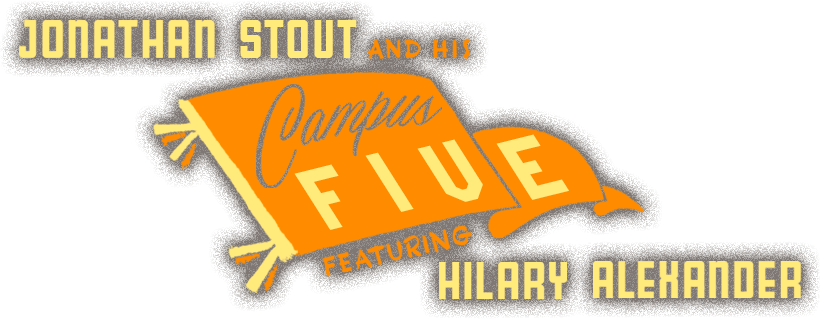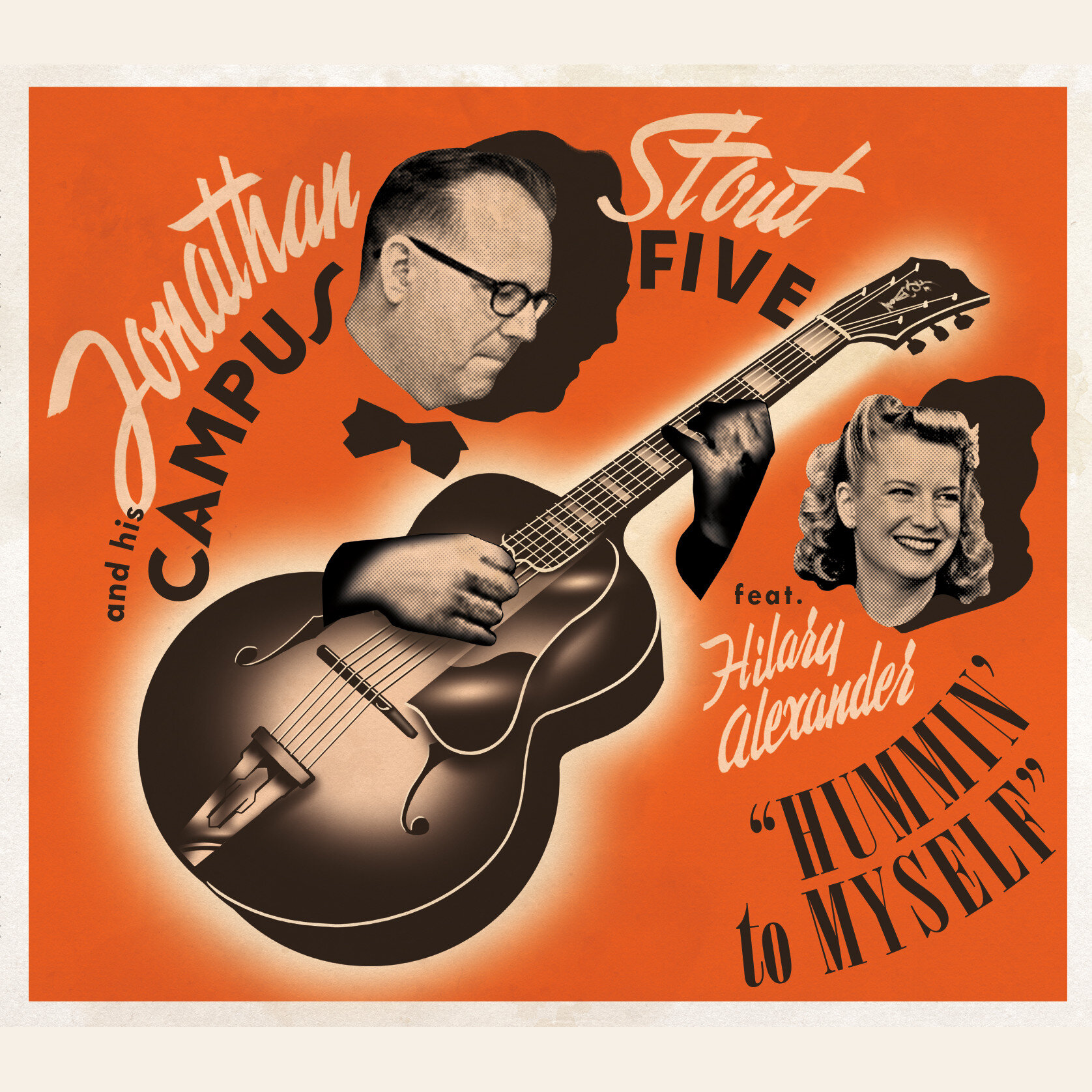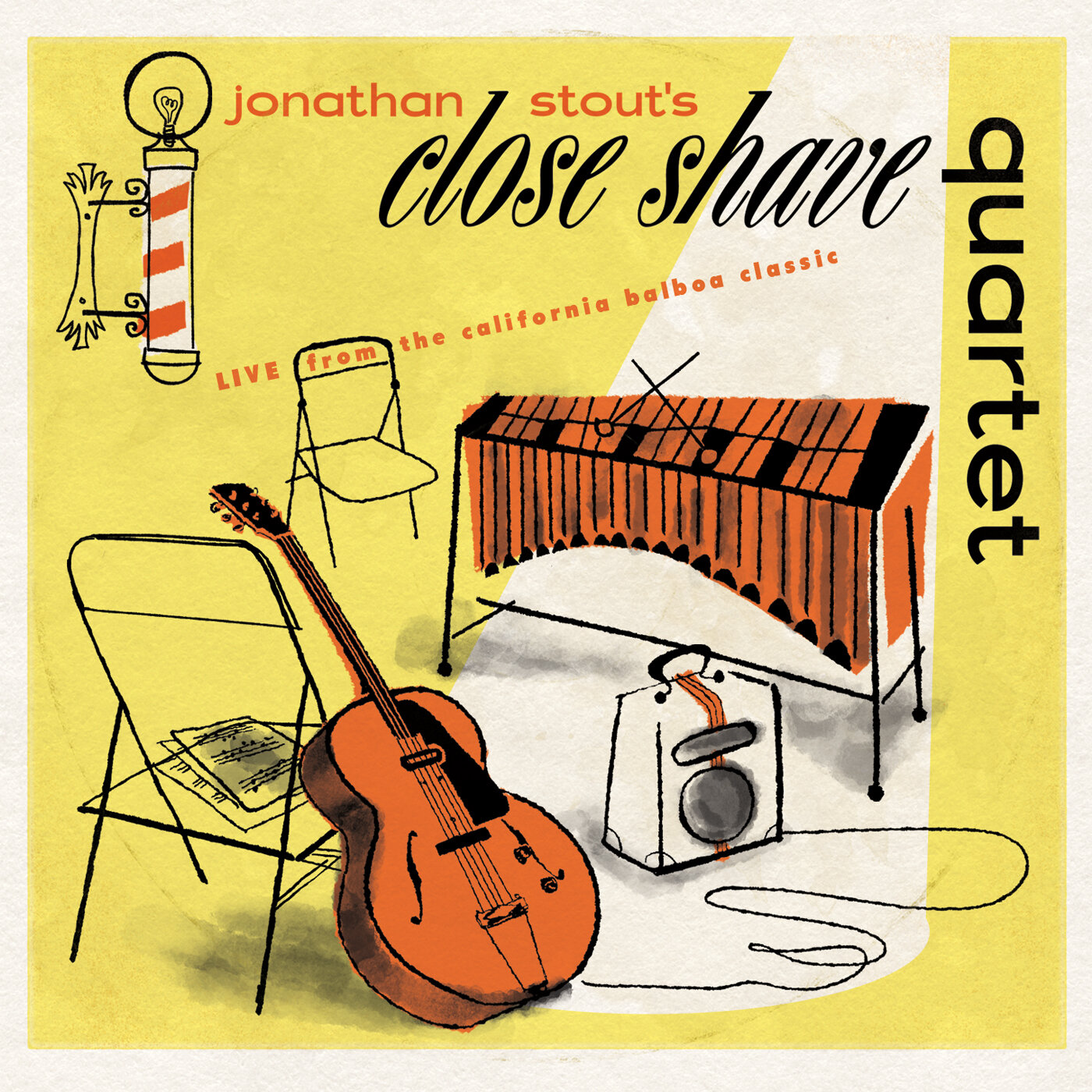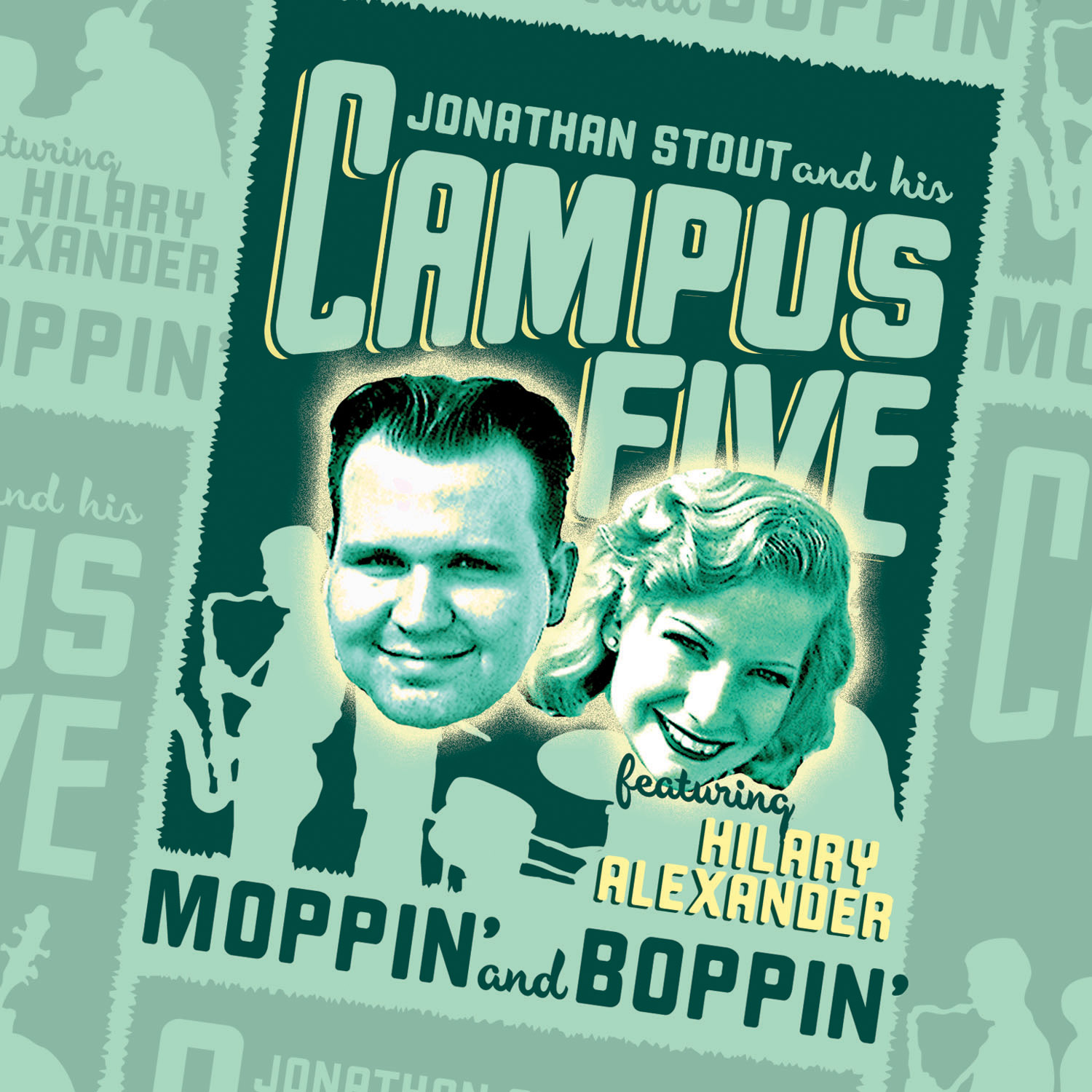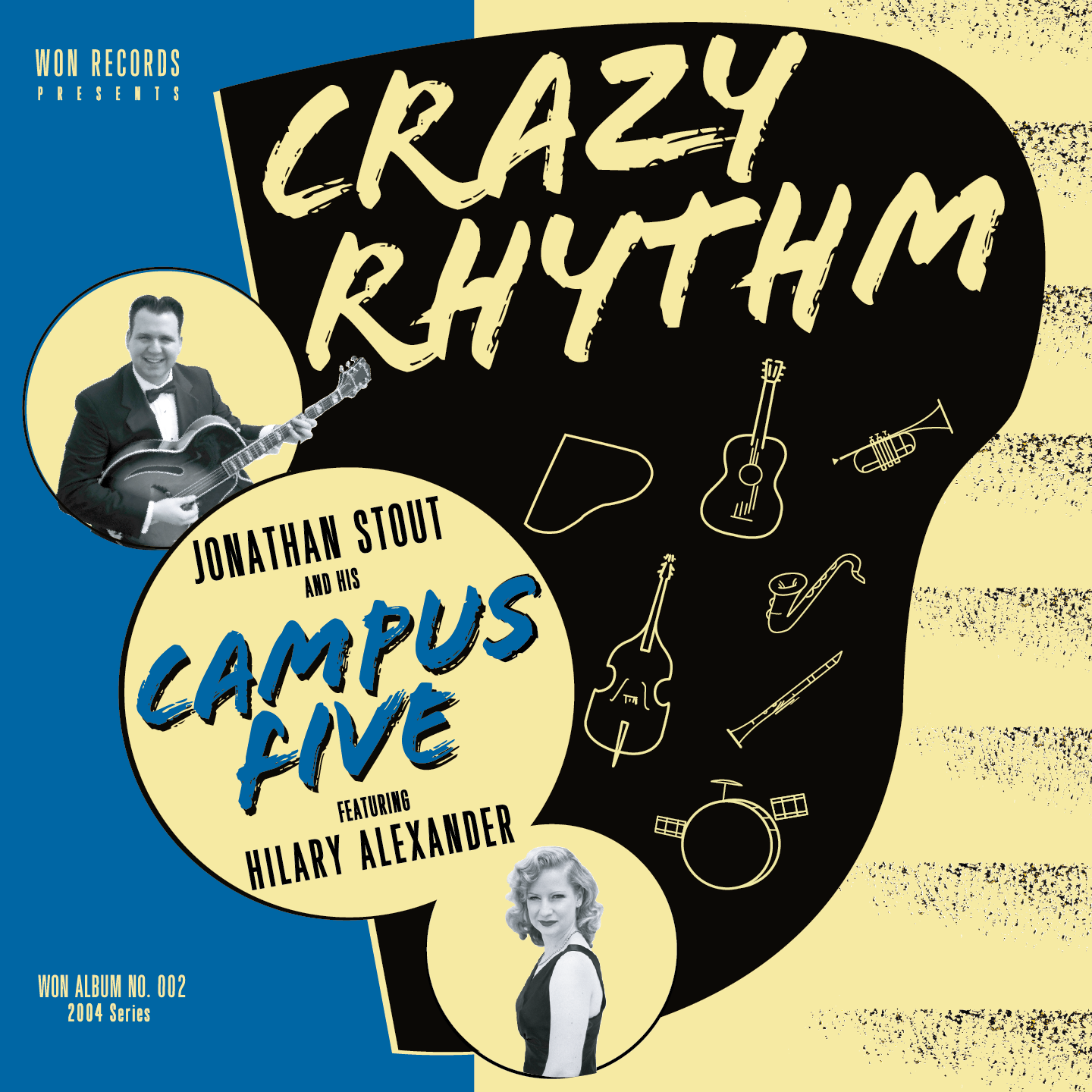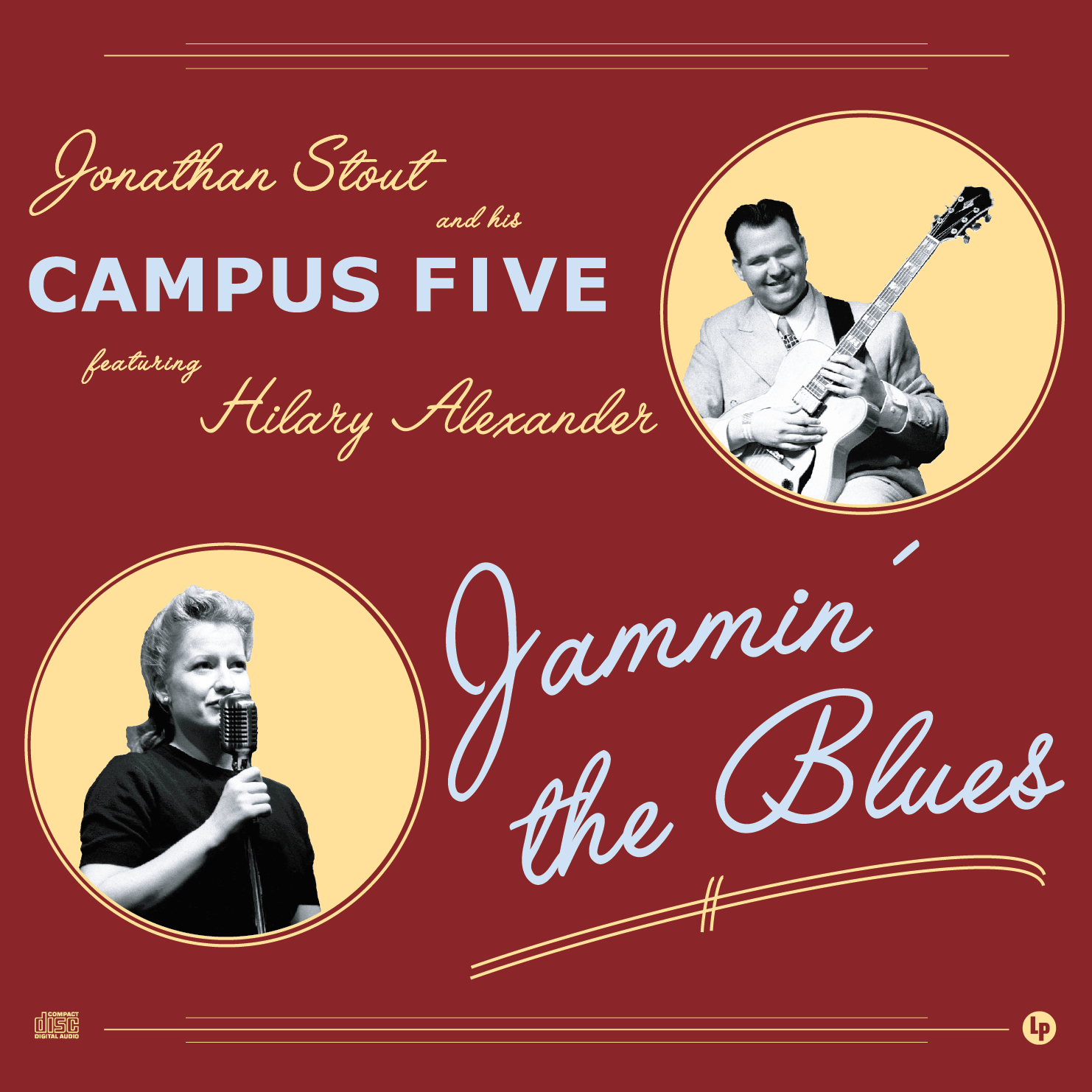Along with my recent set up, I've been experimenting with strings and picks. Given that my assumptions about my set up were no longer holding up, I've been applying that same reasoning to other areas of my tone and technique. The experiments are still on-going, so I'm not ready to report my findings just yet.
As far as vendors for strings and picks, I highly recommend both
www.bigcitystrings.com and
www.juststrings.com - however, during the course of the experiements, I came across a new vendor for strings and picks that I've been really happy with,
www.stringsandbeyond.com. Each store carries something that the others don't, and each has better and worse prices on various items. It really comes down to selecting the store the has the right match of selection and price.
That said,
www.stringsandbeyond.com has an edge on shipping because they offer free shipping for orders over $35, where as the other charge a flat rate per order.
Stringsandbeyond.com also has great prices on my current string favorites (see below), and to top it off,
they are offering a cyber monday deal (for at least the next couple hours) of a flat 15% off with the offer code "save15."Picks
I had been using Wegen picks for most of the last 10 years, but I've been using smaller and smaller picks over the course of the last year, and might stop using them all together. However, nothing beats them for acoustic volume and fullness. Plus, I think they round out the sometimes thin sound of a Selmer-style guitar
Wegen Picks
I've started to lean toward using the JP Fast Turtle, faux-shell guitar picks. I keep both a 2.5mm and 1.2mm on my keychain at the moment, albeit ones with a significant bevel and point-ier profile that I added using nail files. I'd love to re-try the Red Bear New Tortis picks again, but they are significantly more expensive, and
www.stringsandbeyond.com has these for cheaper than most places.
John Pearse Picks
Strings
Martin SP's have been my goto acoustic string for several years now, and 80/20's specifically. I learned from
Whit Smith about avoiding Phosophor Bronze strings which, to my ears, have an artificial brightness that seems shrill. It shouldn't be a surprise that Phosophor Bronze are a more recent development, and that 80/20 are closer in composition to what strings would have been used "back in the day." I picked up a couple sets of the new coated Lifespan strings, and I haven't decided if they last longer enough to offset the higher cost. However, it's worth noting that
www.stringsandbeyond.com has the best price on them that I've found.
Martin SP 80/20
Martin SP Lifespan 80/20
Argentines are the gold stardard for gyspy jazz strings, and for good reason. They aren't perfect, and sometimes they can have quality problems, but nothing else really sounds like an argentine string.
Savarez Argentines
For electric strings, it can be difficult finding strings gauged for jazz playing without using flatwound strings. I can confirm that roundwound strings were used on electric guitars until the 1950's when flatwounds were introduced. (see below) I've been using D'Addario's for a long time, generally with the standard nickel alloy, but I recently have been experiementing with a their pure nickel string, which would be more like strings used "back in the day." I've gone back and forth with them yet, but many of the makes of "vintage" pure nickel strings don't offer a 13 guage set, so D'Addario is one of your only options.
D'Addario EJ22
D'Addario EPN22
On Flatwounds
I recently spoke with legendary studio guitarist "Telecaster" Bob Bain. Beside being a one of the most recorded guitarists in history, one of Bob's first job was playing guitar in Freddie Slack's band in the early 40's. He was friends with many important swing guitars, including Allan Reuss and Les Paul. We only spoke for a couple minutes on the phone, but he invited me to drop by his house to chat some more soon.
Anyway, he confirmed that early electric guitar players used roundwound nickel strings, and that flatwounds did not come on the scene until the 1950's. He alluded to the role of one George Barnes in popularizing them - Bob called him"this guitar player from Chicago, George Barnes." I think he was surprised to hear that I knew exactly who George Barnes was.
Here's an article all about Bob from Vintage Guitar Magazine: http://www.vintageguitar.com/2810/bob-bain/
